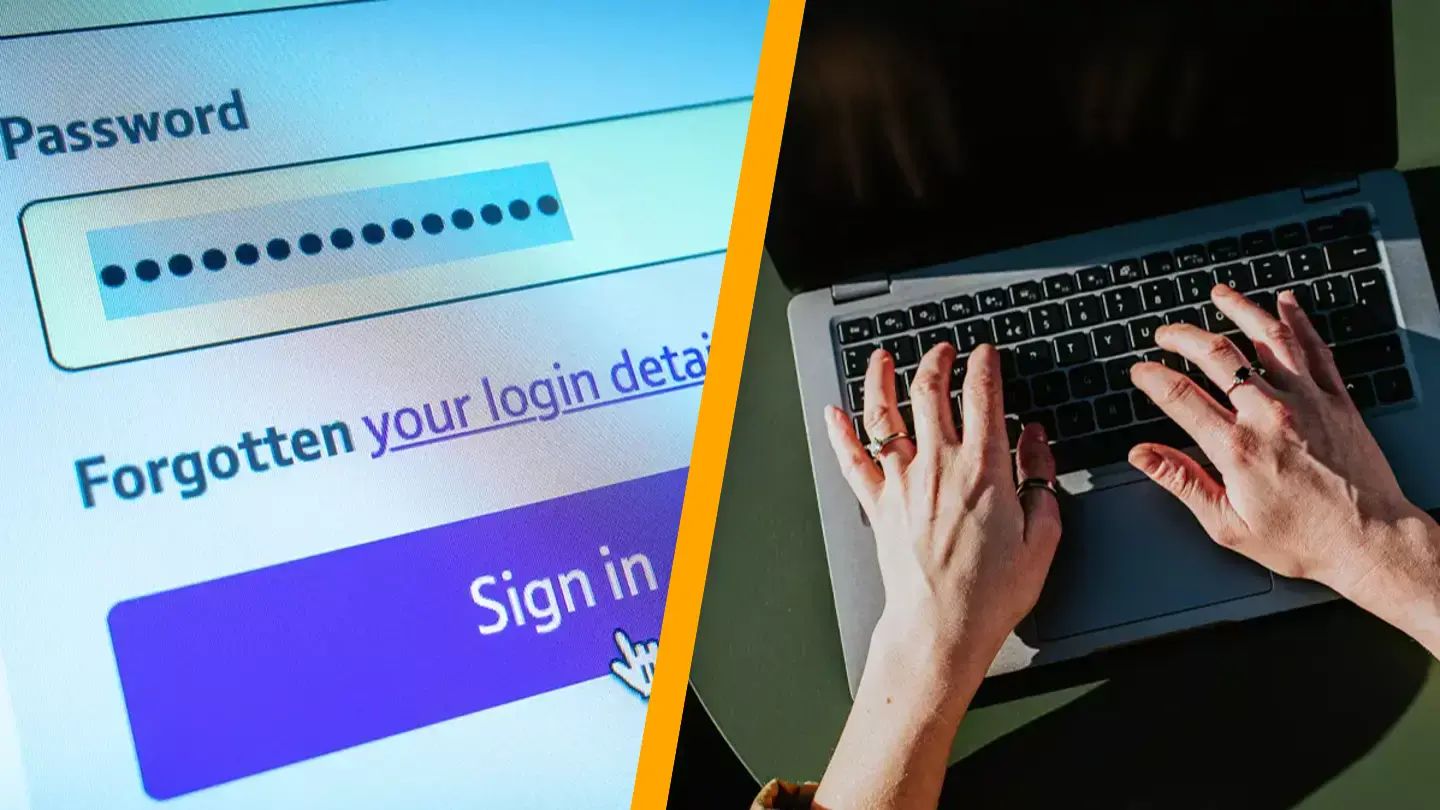In the modern age, one of the most frustrating aspects of daily life has to be managing passwords.
The vast number of passwords, each with unique combinations, can seem overwhelming at times.
It’s almost as if our minds weren’t meant to handle this much information.
And the irritation of having to change a password, only to be informed that your ‘new password can’t be the same as the old one’…it’s maddening.
Yet, given that cybercriminals find it easier than ever to access our sensitive data, maintaining a robust password is essential, albeit bothersome.

We’ve been advised that a good password should mix upper and lower case letters along with special symbols like punctuation marks to make them more secure.
Nevertheless, research by NordPass and NordStellar shows that many people in the United States still rely on incredibly simple passwords.
NordPass, a password management service, disclosed the top ten most common passwords used by Americans — and they are quite shocking.
The most frequently used password, claiming the top spot for the second consecutive year, is ‘123456.’
We must improve on this!

In second place is a slightly longer version, ‘123456789,’ which is also the most common password globally.
The third spot is occupied by another string of numbers: ‘12345678’.
This is alarming, especially when considering that an eight-digit password composed solely of numbers can be cracked in less than 40 seconds using simple guesswork.
Conversely, an eight-character password that amalgamates both cases of letters and numbers could take years to decipher.
This is important to remember as we review the rest of the list…
In fourth place is an all-time favorite: ‘password.’ Then follows ‘qwerty123,”qwerty1,’ and ‘111111.’
The last three in the top ten are ‘12345,’ ‘secret,’ and ‘123123.’

With the rise in data breaches, even passwords you might think are secure could be quickly cracked.
So, when resetting your password next time, consider avoiding reusing an old one…
Microsoft’s usual advice includes using a mix of upper and lower case letters, numbers, and symbols.
It’s best to avoid using words that appear in dictionaries, the names of people, characters, products, or organizations.
Ensure your new password is ‘significantly different’ from your previous ones.
If you’re curious about your password’s security level, websites like How Secure Is My Password can be helpful.

